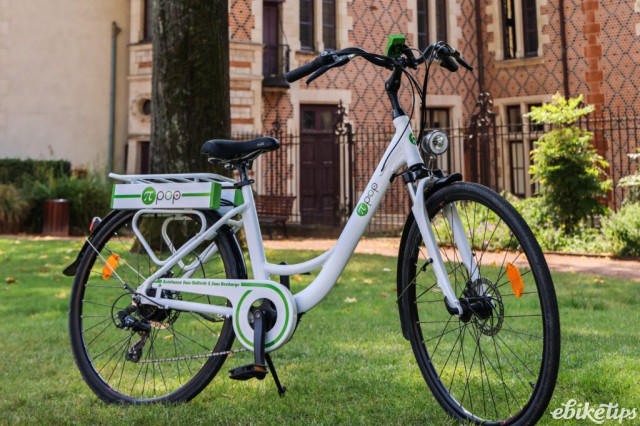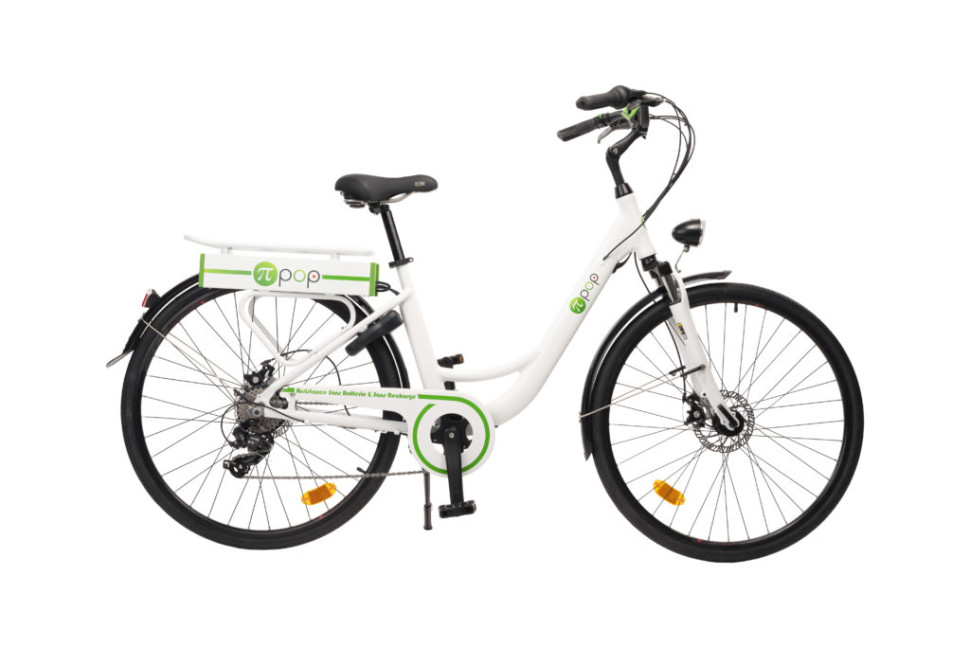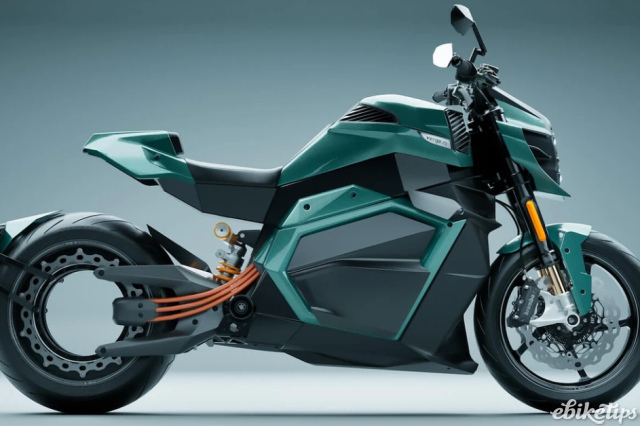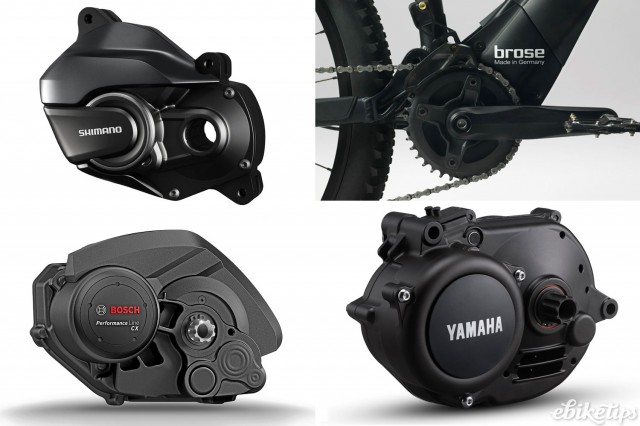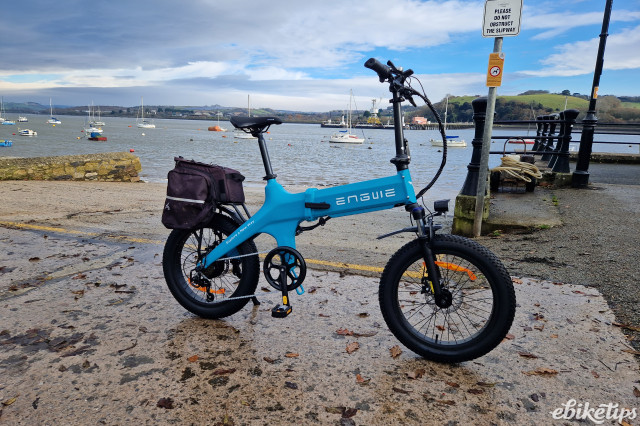Whilst electric bicycles don’t cause as much harm to the planet as, say, a two tonne electric car, the fact is that lithium batteries and other manufacturing processes involved in producing e-bikes do have some environmental impact. Adrian Lelièvre, a French entrepreneur behind the Pi-Pop electric bike, has an idea to avoid lithium batteries altogether – instead, replacing them with supercapacitors.
Why a supercapacitor?
You might be wondering why, when the entire electric bike industry is built around lithium batteries, someone go in a different direction. The answer lies in the way a supercapacitor stores and releases energy – something it can do far more quickly than a lithium battery.
Without explaining everything here (as we have a great guide to e-bike batteries elsewhere), a lithium battery uses a chemical reaction to release energy, whereas a supercapacitor does it electrostatically.
Yes, that is the same static as when you rub a balloon on your clothes to get it to attach itself. So why would you go for a supercapacitor? They can be lighter than lithium batteries, they have a greater number of charge cycles in their lifespan, and they don’t use the same limited resources as lithium batteries. Also, of particular interest to e-bikers, they can store and release energy far more quickly than a battery can.
But, there are downsides. Batteries are more energy dense, so they can store more energy per unit of mass. A supercapacitor, although, yes, more efficient than a capacitor, still won't necessarily be able to hold the same amount of energy in a given space as a battery.
The Pi-Pop does however make use of regenerative braking - as seen on bikes like the Vello Bike+ - to recover some charge and help you up the next hill. Whether or not it works better or has more of an impact than the technology that is already available in other e-bikes, remains to be seen.
If the regenerative charging works as well as claimed, then it could be a very interesting option for those who want to worry less about charging their e-bikes, but as we haven't tested the bike ourselves, it's difficult to say.
What about the bike?
Enough about supercapacitors, let’s briefly look at the bike itself. Pi-Pop is on the third generation of e-bike now, and from the outside it looks an unassuming town bike, with the ‘battery’ nestled below the rear rack.
There’s just the one frame size, which the brand suggests will fit riders between 155cm and 185m (5ft1in and 6ft1in). It weighs 21.7kg, and uses an Aikema Electric Drive Systems hub motor, which has a max torque rating of 45Nm. Gearing-wise, you’ve got a Shimano Tourney 7-speed drivetrain and Tektro disc brakes.
All of this is available for €2,450. Currently, however, you can only buy the bike by collecting it from the Olivet factory in France.
